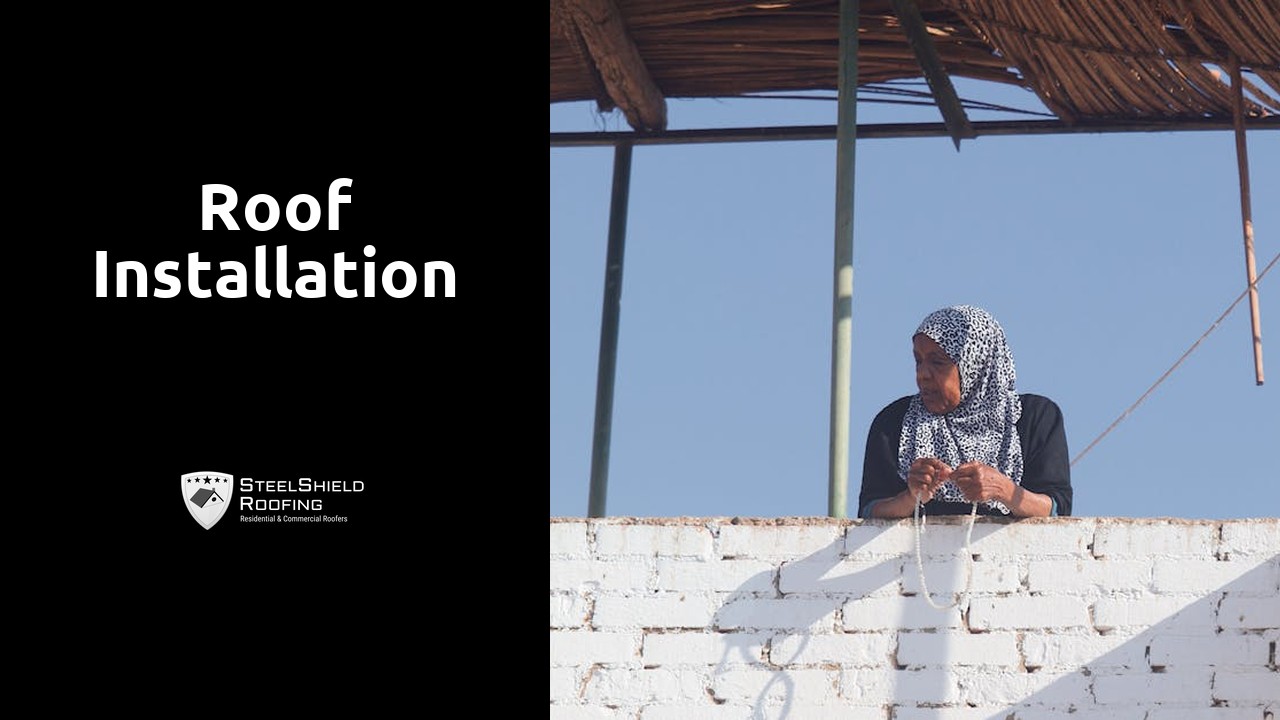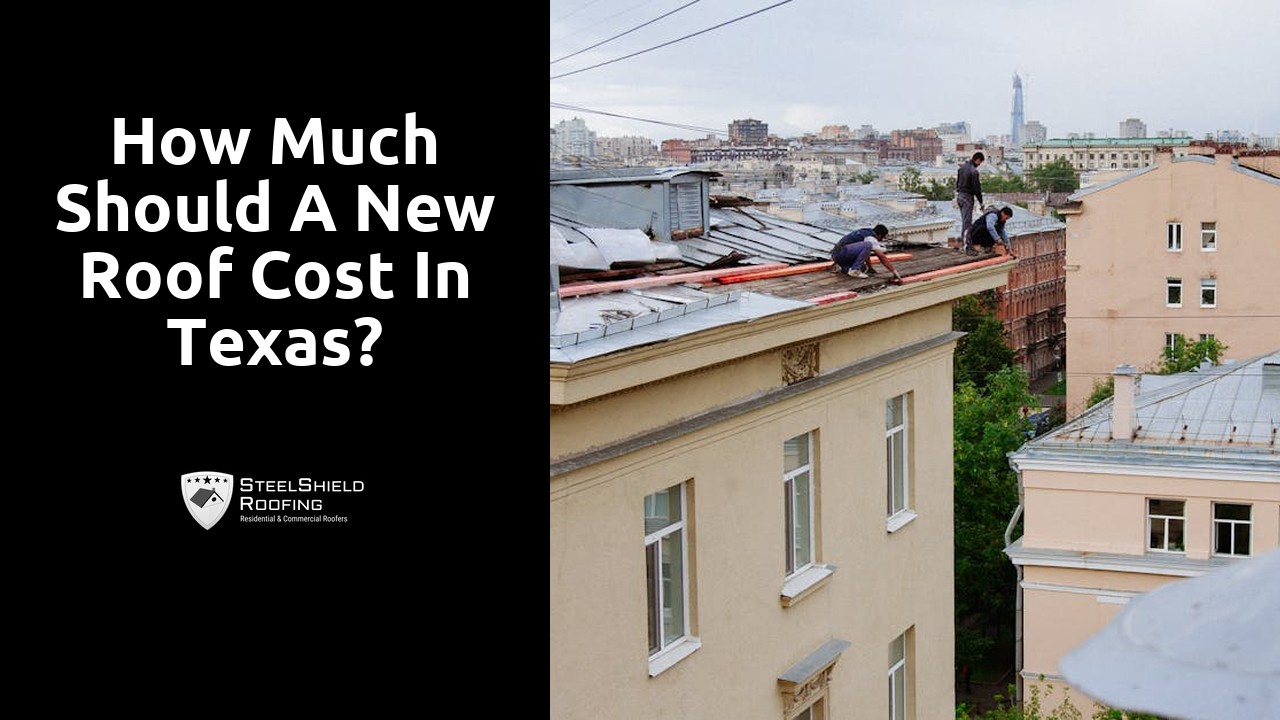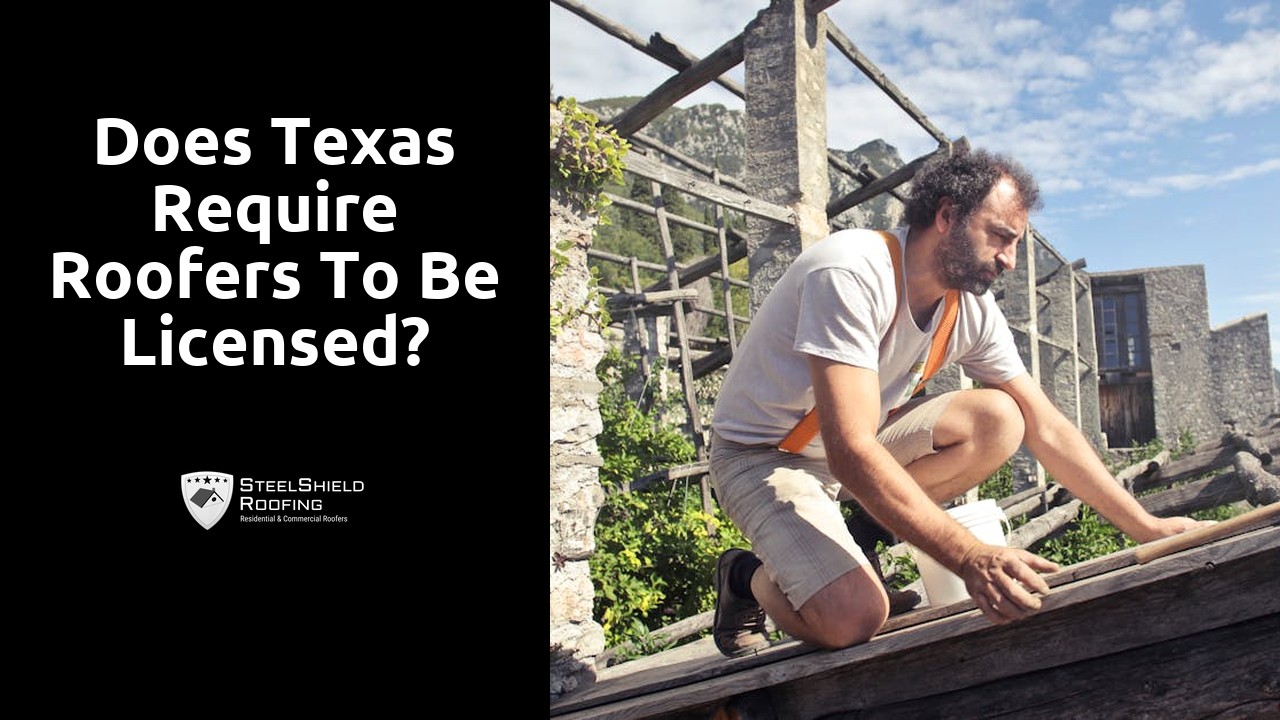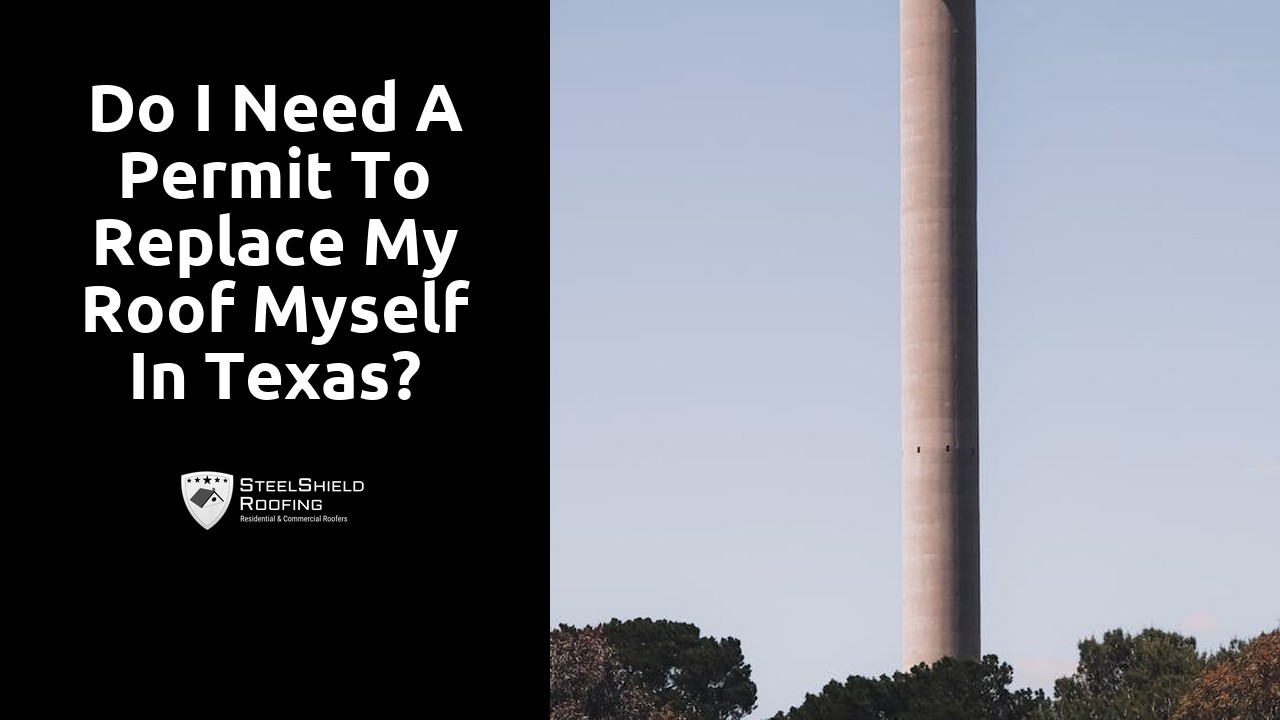
Roof installation
Table Of Contents
SteelShield Roofing Houston provides top-notch service when it comes to roof installation. Our team of experienced professionals is dedicated to delivering high-quality workmanship and excellent customer service. We work closely with our clients to determine the best roofing solution for their specific needs and budget. From start to finish, we ensure that the installation process is smooth and hassle-free. With SteelShield Roofing Houston, you can trust that your new roof will be installed with precision and care, providing you with years of protection and peace of mind.
Hiring a Professional Roofing Contractor
When it comes to hiring a professional roofing contractor, it is crucial to ensure that you are choosing a reputable and experienced individual or company for the job. Your roof is a vital component of your home, and its proper installation is paramount to the safety and longevity of your property. By selecting a professional roofing contractor, you are investing in quality work that will provide you with peace of mind and protection for years to come.
Professional roofing contractors have the necessary skills and expertise to handle various roofing projects with precision and efficiency. They are equipped with the knowledge and tools required to assess your roof's condition accurately and recommend the best course of action. Additionally, hiring a professional ensures that the job is done correctly the first time, saving you time, money, and potential headaches down the road.
Discover more here.
Checking for Proper Licensing and Insurance
When hiring a roofing contractor, it is crucial to ensure that they possess the necessary licensing and insurance. Proper licensing indicates that the contractor has met specific requirements set by regulatory bodies and is authorized to carry out roofing work in your area. This helps to guarantee that they have the knowledge and expertise to perform the job effectively and in compliance with building codes and regulations. Additionally, hiring an insured contractor protects you from liability in case of any accidents or damages that may occur during the roof installation or repair process.
Verifying the contractor's insurance coverage is equally important. A reputable roofing contractor should have both worker's compensation insurance and general liability insurance. Worker's compensation insurance protects you from being held responsible if a worker is injured on your property, while general liability insurance provides coverage in the event of any damage to your property caused by the contractor's work. Request to see their insurance certificates and ensure that they are current and valid before moving forward with the project.
Roofing Maintenance Tips
Regular maintenance of your roof is crucial to ensure its longevity and effectiveness in protecting your home. Be proactive in conducting periodic inspections to identify any damage or signs of wear and tear. Addressing these issues promptly can prevent more extensive and costly repairs in the long run. It is recommended to schedule inspections at least twice a year, preferably in the spring and fall, to coincide with the changing weather conditions.
In addition to regular inspections, make sure to promptly repair any damage to your roof to prevent it from worsening. Small leaks or missing shingles can quickly escalate into larger and more costly problems if left unattended. Hiring a professional roofing contractor for repairs is advisable to ensure the work is done correctly and to high standards. By staying proactive and addressing issues promptly, you can extend the lifespan of your roof and protect your home effectively.
Regular Inspections and Repairs
Regular inspections and repairs are crucial for maintaining the integrity and longevity of your roof. Inspecting your roof on a regular basis allows you to identify any issues early on before they escalate into costly problems. It is recommended to inspect your roof at least twice a year, preferably in the fall and spring, to assess its condition after the harsh weather conditions.
During inspections, pay close attention to any signs of damage such as missing shingles, cracks, or water stains on the ceiling. Addressing these issues promptly can prevent leaks and further damage to your roof and home. If you notice any problems during your inspection, it is important to schedule repairs with a qualified roofing contractor to ensure that the repairs are done correctly and effectively. Remember, proactive maintenance can extend the lifespan of your roof and save you from more significant expenses down the road.
Roofing Safety Guidelines
Roofing safety is of utmost importance when working on any project that involves being elevated above the ground. It is crucial to always prioritize safety to prevent any accidents or injuries. One essential guideline is to make sure you are using proper safety equipment at all times. This includes harnesses, helmets, non-slip footwear, and other gear that can protect you from falls or other mishaps. Do not compromise on safety gear, as it can be the difference between a successful project and a disastrous outcome.
Furthermore, it is advisable to always have a buddy system in place when working on a roof. Having a partner can provide assistance in case of emergencies and can also act as an extra set of eyes to watch out for any potential hazards. Communicate effectively with your partner and establish clear signals or calls to ensure a smooth workflow and a safe working environment. Working in pairs can make the job more manageable and safer in case of any unforeseen circumstances.
Using Proper Safety Equipment
When working on roof installations or repairs, utilizing proper safety equipment is paramount to ensure the well-being of workers. Personal protective equipment (PPE) such as hard hats, gloves, and safety goggles should be worn to shield against potential hazards. In addition, non-slip footwear is essential to prevent accidents on slippery surfaces, especially during unfavorable weather conditions.
Furthermore, fall protection gear like safety harnesses and lanyards must be worn at all times when working at heights to prevent serious injuries or fatalities in case of a fall. It is crucial for workers to be trained on how to correctly wear and use safety equipment to maximize its effectiveness. By prioritizing safety measures and utilizing the appropriate gear, workers can carry out roofing tasks with reduced risks of accidents and injuries.
FAQS
Why is it important to hire a professional roofing contractor for roof installation?
Hiring a professional roofing contractor ensures that the job is done correctly and safely, with proper materials and techniques.
How can I check if a roofing contractor has proper licensing and insurance?
You can verify a roofing contractor's licensing and insurance by asking for their credentials and checking with your state's licensing board and insurance provider.
What are some roofing maintenance tips to prolong the life of my roof?
Regular inspections, timely repairs, keeping gutters clean, and ensuring proper ventilation are essential for maintaining a healthy roof.
How often should I inspect my roof for potential issues?
It is recommended to inspect your roof at least twice a year, ideally in the spring and fall, to catch any issues early on.
What safety guidelines should I follow when working on my roof?
Always use proper safety equipment such as harnesses, non-slip footwear, and protective gear when working on a roof to prevent accidents and injuries.


